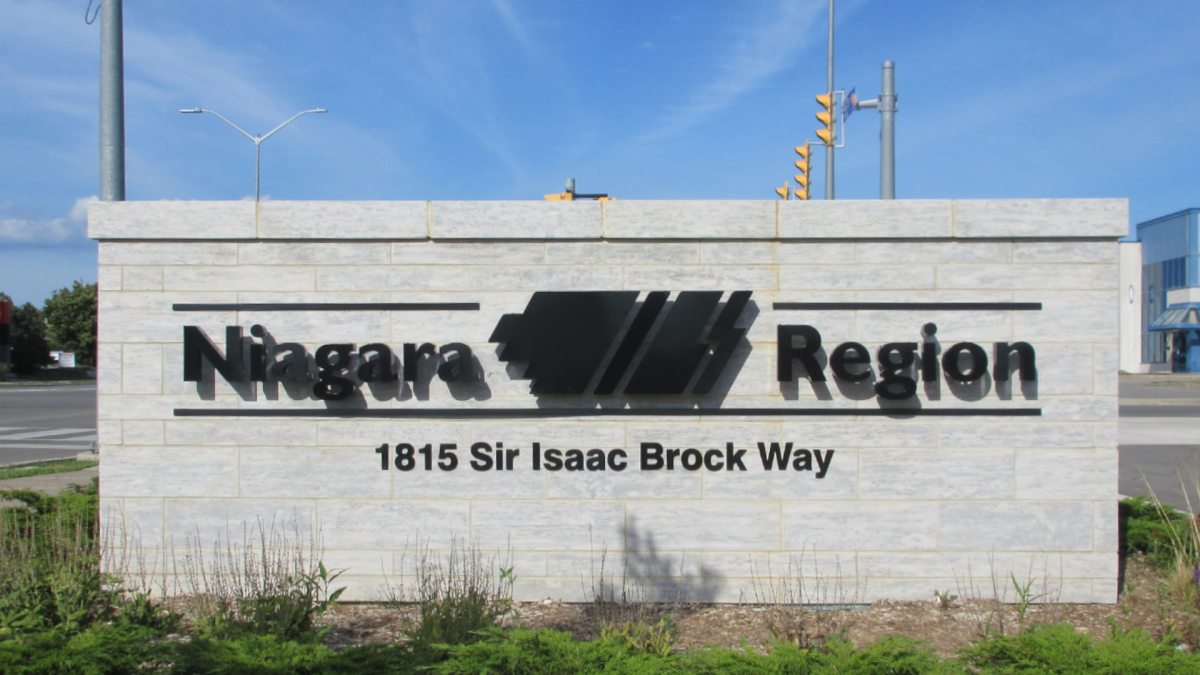Almost two years after implementing a state of emergency over concerns tied to the emerging COVID-19 pandemic, Niagara Region has lifted the measure as of 12:01 a.m. on Tuesday morning, deeming it “no longer necessary.”

In a release on Monday, Regional Chair Jim Bradley and municipal mayors cancelled the condition in a joint statement thanking residents who did their part wearing masks, following directions to stay home, limiting personal contact and getting vaccinated.
“As the heads of council, we declared the State of Emergency together in an effort to help save lives, protect our hospital system and to underscore the critical nature of the situation,” councillors said in a release.
“After two years, we are in a significantly different position and appears that it is now the appropriate time to move forward as a community.”
The region declared the situation on April 3, 2020, saying the pandemic was “a real and pressing risk” to the health of the community and that residents needed to work with government to slow the spread of the virus.
“We recognize how hard this time is for everyone, and the sacrifices you are making to practice physical distancing, and even complete isolation in some cases,” the mayors and Bradley said in an April 2020 joint statement.

Get weekly health news
As of Tuesday, Niagara Health hospital reported just 22 patients with COVID-19 among its network, with three people requiring the intensive care unit (ICU).
In all, the hospital has treated 1,899 total COVID-19 patients since the beginning of the pandemic in March 2020. There were 355 COVID-19-related deaths during the same period.
Public health reported just a single ongoing institutional outbreak as of March 15, at Niagara General. A total of 654 outbreaks have been reported in the region amid the pandemic.
Close to 35,000 COVID-19 cases have been tracked by the region since 2020, although the number is far smaller than the actual number due to changes in the eligibility of PCR testing.
In January, the province rolled back PCR testing to only symptomatic hospitalized patients, and others in long-term care or retirement homes, health-care workers, First Nations and other high-risk groups.
Niagara public health has reported 522 deaths amid the pandemic.
More than 1.02 million doses of COVID-19 vaccines have been administered through the region as of the end of the state of emergency.
About 83 per cent of the total population have had at least a single COVID-19 vaccine shot with 80.3 having a pair of doses and close to 50 per cent with a booster.
In closing their statement, the chair and mayors encouraged vaccination and reminded residents COVID-19 protocols remain for a number of facilities across the region.
“Despite this significant progress, it is important to remember that the pandemic is not completely over. Residents are encouraged to consider taking steps to protect themselves and reduce the risk of COVID-19 transmission,” the joint statement said.










Comments